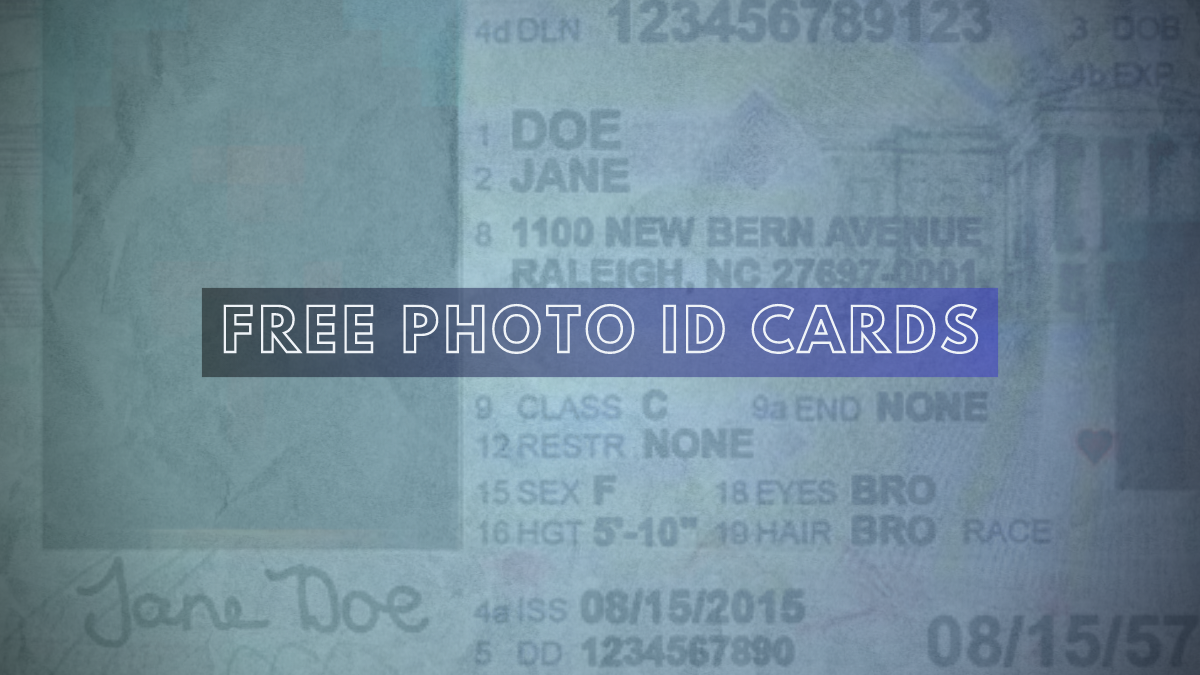Source: Cardinal & Pine
The GOP-controlled state Supreme Court decision to throw out a previous ruling that struck down a photo voter identification law created a huge hurdle for many North Carolinians.
However, thanks to the North Carolina State Board of Elections, North Carolinians now have an opportunity to obtain an ID in time for upcoming elections.
On Wednesday, the State Board of Elections announced that registered voters who do not have an acceptable identification card for voting can now go to their county board of elections office to get a free ID.
Voters would not need any special documents to get a free ID card.
Voters just need to provide their name, birth date, and the last four digits of their Social Security number. A picture will also be taken to go on the ID card.
Voters can also get a free ID at the Division of Motor Vehicles offices.
Those who have an acceptable form of ID do not need a separate ID from their county board.
Accepted forms of ID for voting include:
- Driver’s license (North Carolina or another state if registered in North Carolina within 90 days of the election)
- Military or veterans ID cards
- State Board approved college student and public employer ID cards
- U.S. Passport or U.S. Passport Card
All of these forms must be unexpired or expired for one year or less.
The State Board of Elections has also approved a long list of student and employee photo IDs that can be used for voting. You can find a full list of UNC schools, HBCUs, and community colleges here.
“This new process should not discourage or prevent any eligible individual from voting and having their ballot counted,” stated Karen Brinson Bell, executive director of the North Carolina Board of Elections, in a news release last month.
“The State Board and county boards of elections are here to assist any voter who needs an ID or has questions about this law.” For more information about the photo ID requirements, please visit the NC Board of Elections website.





